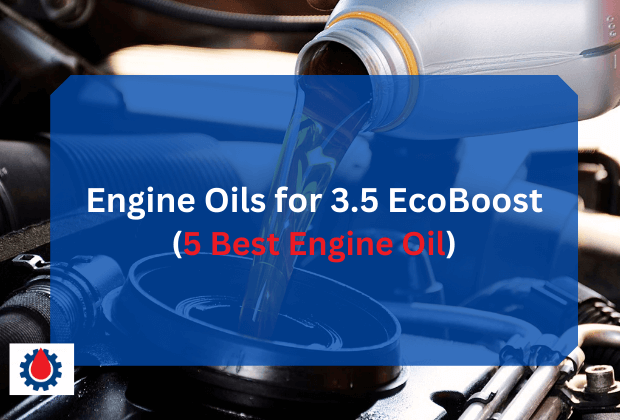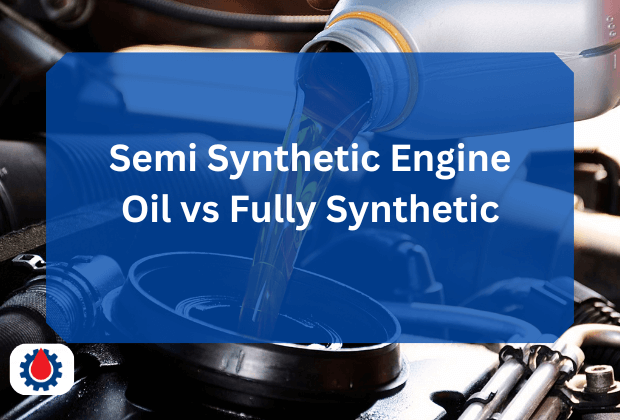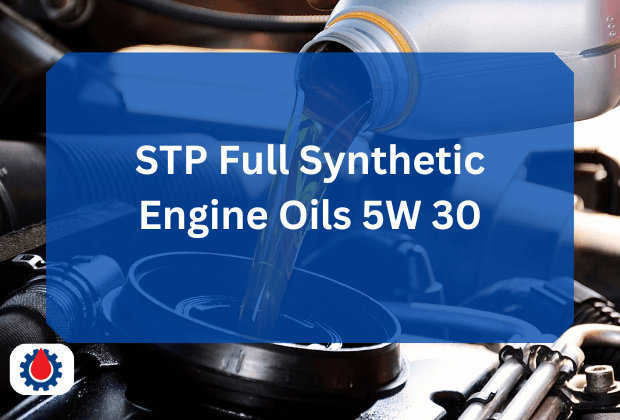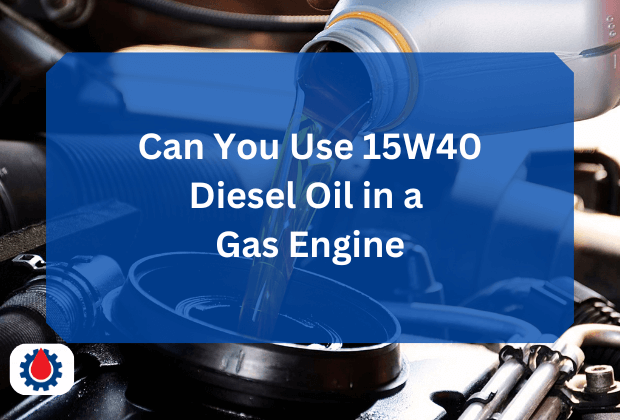The 3.5 EcoBoost is a twin-turbocharged V6 engine that combines direct fuel injection with turbocharging technology. It delivers excellent torque and horsepower while maintaining fuel efficiency. However, this advanced design places specific demands on engine oil, making its selection critical for performance and durability.
In this post, we’ll discuss everything you need to know about engine oil for the 3.5 EcoBoost, including specifications, recommendations, and maintenance tips.
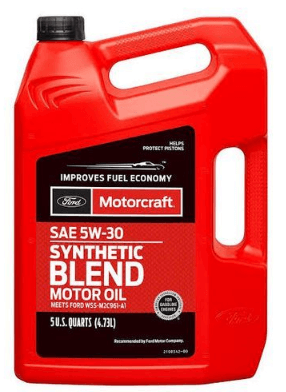
Engine Oils for 3.5 EcoBoost
Based on performance tests, user feedback, and manufacturer recommendations, here are some of the best engine oils for the 3.5 EcoBoost:
1. Motorcraft SAE 5W-30 Synthetic Blend
- Developed by Ford, this oil meets WSS-M2C946-A specifications.
- Offers excellent protection for turbocharged engines.
2. Mobil 1 Extended Performance Full Synthetic 5W-30
- Known for its long-lasting protection and outstanding thermal stability.
- Reduces carbon buildup, especially beneficial for direct injection systems.
3. Castrol EDGE Advanced Full Synthetic 5W-30
- Features Titanium Technology to reduce engine wear and provide maximum performance.
- Excellent choice for high-mileage EcoBoost engines.
4. Valvoline Advanced Full Synthetic SAE 5W-30
- Provides enhanced engine cleanliness and strong wear protection.
- Meets or exceeds API SP standards, making it suitable for EcoBoost engines.
5. Royal Purple High Performance Synthetic SAE 5W-30
- Known for its advanced additive technology that reduces friction and maximizes horsepower.
- Offers superior oxidation resistance, ideal for high-performance applications.
Read RB25DET Engine Oil Type(Recommended By Manufacturer)
Recommended Oil Specifications for the 3.5 EcoBoost
Using the right oil ensures the engine remains well-lubricated, reducing wear and tear and preventing issues like sludge buildup or turbo failure.
1. Viscosity Grade
The recommended oil viscosity for most 3.5 EcoBoost engines is 5W-30. This grade provides optimal performance across various temperatures, ensuring quick starts in cold weather and maintaining viscosity in hot conditions. Always consult your vehicle’s owner manual to confirm the exact requirements.
2. API Certification
Ensure the oil meets or exceeds the API SN or SP classification. These certifications guarantee that the oil meets stringent standards for modern engines, including turbocharged systems.
3. Synthetic vs. Conventional Oil
Full Synthetic Oil is highly recommended for the 3.5 EcoBoost due to its superior heat resistance, stability, and cleaning properties.
Avoid conventional oils, as they may not handle the extreme conditions of a turbocharged engine effectively.
4. Ford Specification WSS-M2C946-A/B1
Use oils that meet Ford’s specific standard for EcoBoost engines to ensure compatibility with the engine’s requirements.
Read How Does Triax Engine Repair Oil Work(Save Your Engine and Wallet)
Oil Change Intervals for the 3.5 EcoBoost
Regular oil changes are crucial to maintaining the health of your 3.5 EcoBoost engine. Following the correct interval ensures that the engine is always lubricated with clean, effective oil.
- Standard Recommendation:
- Ford typically recommends changing the oil every 7,500–10,000 miles for normal driving conditions.
- For severe conditions (towing, frequent short trips, or extreme temperatures), reduce the interval to 5,000 miles.
- Monitor the Intelligent Oil-Life System (IOLS):
Modern Ford vehicles equipped with the 3.5 EcoBoost have an intelligent life system that monitors driving habits and conditions to suggest optimal oil change timing. - Turbocharged Engines Need Regular Attention:
Turbochargers increase the stress on engine oil, so neglecting oil changes can lead to issues like sludge buildup, oil breakdown, or turbo damage.
Read Diesel Engine Oil Additives(Benefits & Top Oil Additives)
Common Problems from Using the Wrong Oil
Using the wrong oil in a 3.5 EcoBoost engine can lead to serious problems, including:
- Increased Engine Wear:
Insufficient lubrication causes metal-to-metal contact, leading to premature wear on engine components. - Turbocharger Failure:
Turbochargers rely heavily on high-quality oil for cooling and lubrication. Low-grade or degraded oil can cause overheating and damage to the turbo system. - Carbon Buildup:
Direct injection systems are prone to carbon deposits on intake valves. Oils with poor cleaning properties can exacerbate this issue, reducing engine efficiency. - Oil Sludge Formation:
Conventional or low-quality oils may break down at high temperatures, forming sludge that clogs oil passages and harms engine performance.
Tips for Proper Engine Oil Maintenance
Maintaining your 3.5 EcoBoost engine is straightforward if you follow these tips:
- Check Oil Levels Regularly:
Turbocharged engines consume more oil than naturally aspirated ones. Check the dipstick periodically to ensure adequate oil levels. - Use High-Quality Filters:
Pair your oil with a quality filter that effectively traps contaminants. OEM filters or trusted brands like Motorcraft are ideal. - Warm Up Your Engine:
Allow the engine to warm up for a minute or two before driving, especially in cold weather, to ensure proper oil flow. - Avoid Extended Idling:
Prolonged idling can degrade oil faster, particularly in turbocharged engines. - Store Oil Properly:
If you buy oil in bulk, store it in a cool, dry place away from direct sunlight to maintain its quality.
Read How to Clean Funnel After Oil Change(Don’t Make These Mistakes)
FAQ
What kind of oil does a 3.5 EcoBoost take?
The 3.5 EcoBoost engine typically requires 5W-30 full synthetic motor oil that meets or exceeds Ford’s specification WSS-M2C946-A/B1. Full synthetic oils are recommended for their superior heat resistance, reduced friction, and ability to maintain viscosity under extreme conditions.
What kind of fuel does a 3.5 EcoBoost take?
The 3.5 EcoBoost engine is designed to run on unleaded gasoline with an octane rating of 87 or higher. However, for optimal performance and efficiency, especially under heavy loads or towing, Ford recommends using premium gasoline (91 octane or higher). The higher octane fuel minimizes engine knock and maximizes power output.
What oil goes in a Ford EcoBoost?
Ford EcoBoost engines, including the 3.5L variant, generally require full synthetic motor oil with a viscosity of 5W-30. For some EcoBoost models, 5W-20 may be specified, so it’s important to consult the owner’s manual. Ensure the oil meets Ford’s WSS-M2C946-A/B1 or a similar API SN/SP certification.
What kind of oil does a 2014 3.5 EcoBoost take?
The 2014 3.5 EcoBoost engine requires 5W-30 full synthetic motor oil. It should meet Ford’s WSS-M2C946-A specification for proper compatibility. Using high-quality synthetic oil helps prevent issues like sludge buildup, ensures proper lubrication, and supports the engine’s turbocharger system.
Does the 3.5 EcoBoost burn oil?
While the 3.5 EcoBoost engine doesn’t typically burn excessive oil, minor oil consumption is normal, especially in high-performance engines like this one. Factors such as high mileage, turbocharger wear, or infrequent oil changes can contribute to increased oil consumption. Regularly checking the oil level and addressing leaks or worn seals promptly can prevent problems.Is the 3.5 EcoBoost fuel efficient?
Yes, the 3.5 EcoBoost engine is fuel-efficient relative to its performance capabilities. It provides a good balance of power and efficiency, especially in vehicles like the Ford F-150.
Key factors affecting its fuel efficiency include:
- Driving Habits: Aggressive acceleration and towing can reduce fuel economy.
- Fuel Quality: Premium fuel may improve efficiency in some conditions.
- Vehicle Load: Heavier loads naturally decrease efficiency.
Read Engine Oil for Chevy Traverse(Recommended by Manufacturer)
Final words
The 3.5 EcoBoost engine is a marvel of modern engineering, combining power and efficiency. However, its advanced design demands high-quality engine oil that can withstand the rigors of turbocharging and direct injection.
By choosing the right oil, adhering to recommended oil change intervals, and following maintenance best practices, you can ensure your EcoBoost engine performs at its best for years to come.
Investing in premium synthetic oils, like Mobil 1 or Castrol EDGE, and staying proactive about oil changes will not only protect your engine but also maximize your vehicle’s performance and resale value.

